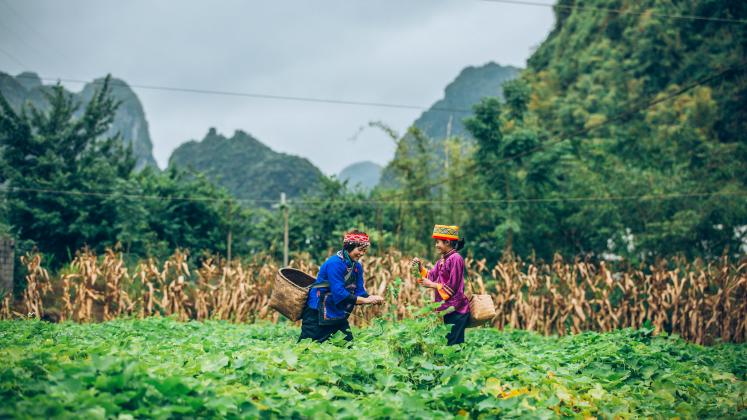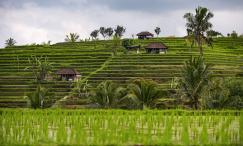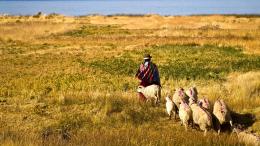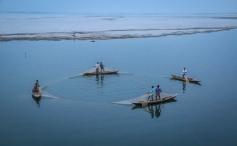This side event in the Green Zone of the UN Biodiversity Conference (CBD COP 16) will share experiences and lessons learned by members of the International Partnership for the Satoyama Initiative (IPSI), comprising over 300 organizations from over 60 countries including Indigenous Peoples and Local Communities (IPLC), NGOs, academic institutes, multilateral agencies, governments and funding bodies. IPSI is a collaborative effort towards strengthening socio-ecological production landscapes and seascapes (SEPLS) to ensure biodiversity conservation and community well-being, and reduce conflicts between people and nature.
Participation
This event is open to the public. It will be held at the Centro Cultural de Cali, Carrera 5 #6-05, San Pedro, Cali, Colombia.
To participate in Green Zone events, please register in advance.
Please note that participants in UNU events may appear in photography, screen captures, videos and/or audio. For further information please refer to Events.
Programme
Welcome Remarks
Rina Miyake (Programme Coordinator, UNU-IAS)
Presentations
Alexandra Franco Guajardo (Communications Associate, UNU-IAS)
Andres Quintero (Executive Director, Corporación Ambiental y Forestal del Pacifico (CORFOPAL))
Panel Discussion
Brigitte Luis Guillermo Baptiste (Chancellor, Universidad EAN; Co-chair, IPBES Values Assessment)
Camilo Alberto Alvarado Ramírez (Associate Researcher, Sinchi Amazonic Institute of Scientific Research)
Angie Patiño Montoya (Ecology Researcher, Fundación para la Investigación y Desarrollo Sostenible (FUNINDES))
Interactive Session
Organizers
The event will be co-organized by UNU-IAS and IPSI.
Background
Landscape approaches is an umbrella term for strategies that integrate various land and sea uses, balancing biodiversity conservation with production activities. These approaches assume connectivity between different management and governance regimes, from protected areas to production landscapes. By bringing together diverse actors within a landscape or seascape, these approaches help assess social, ecological, and cultural priorities while identifying equitable and nature-friendly resource management practices.
This approach promotes understanding power asymmetries, synergies, spillovers and trade-offs, enabling more collaborative actions that foster socio-ecological resilience. By focusing on inclusive and pluralistic planning across various scales, landscape approaches align with multiple targets and goals of the Kunming-Montreal Global Biodiversity Framework (GBF), advancing sustainability and peaceful coexistence with nature.






